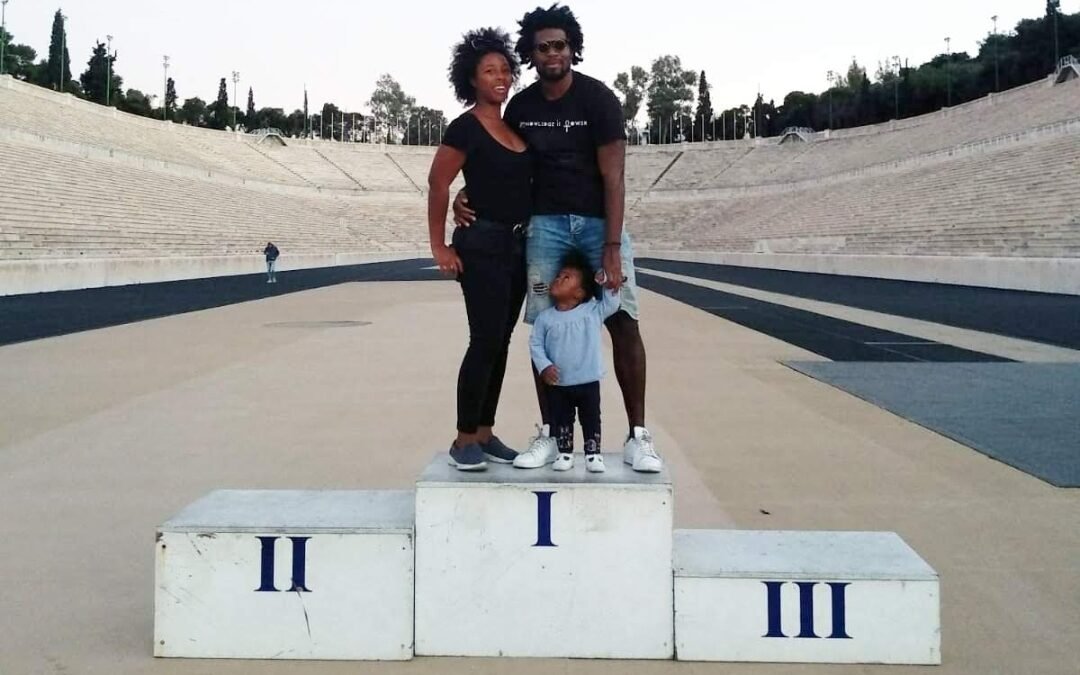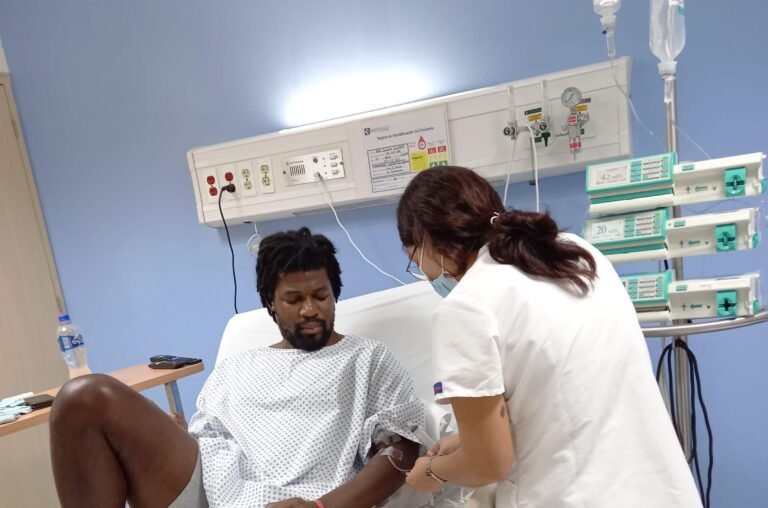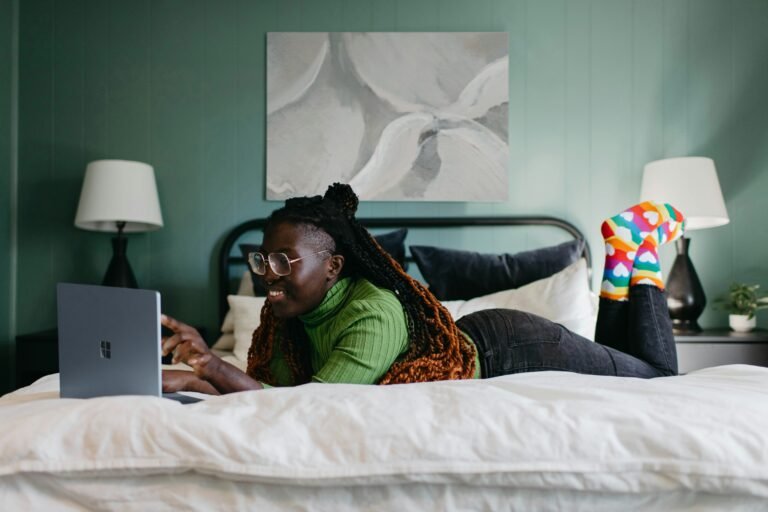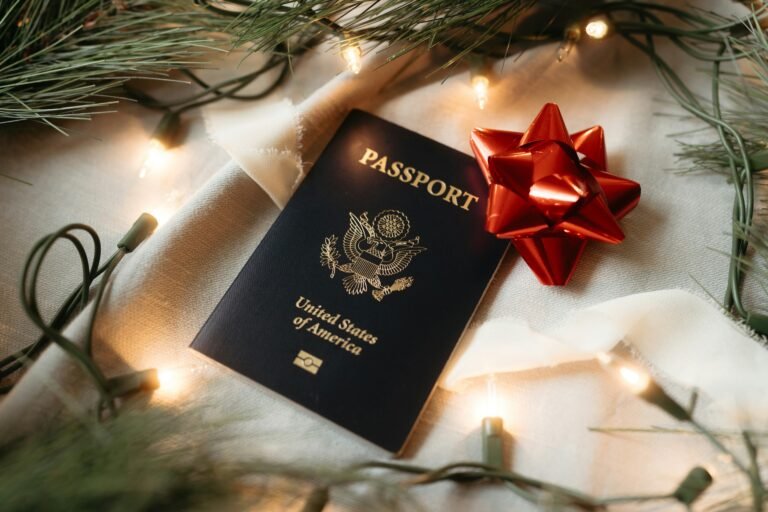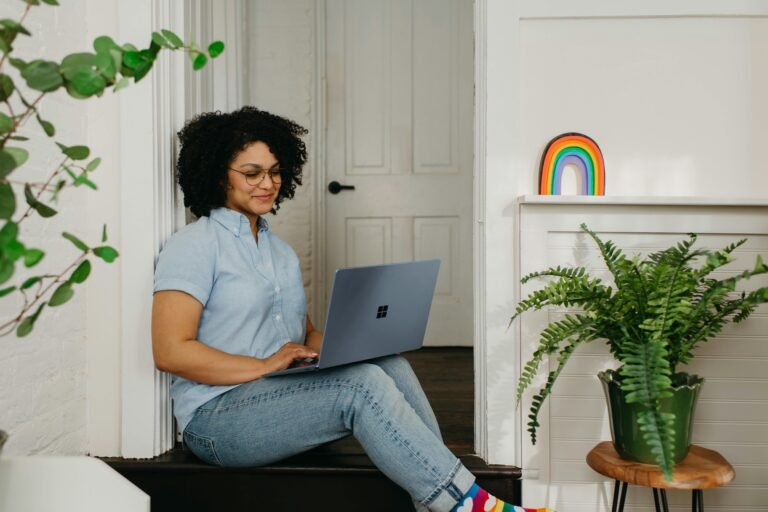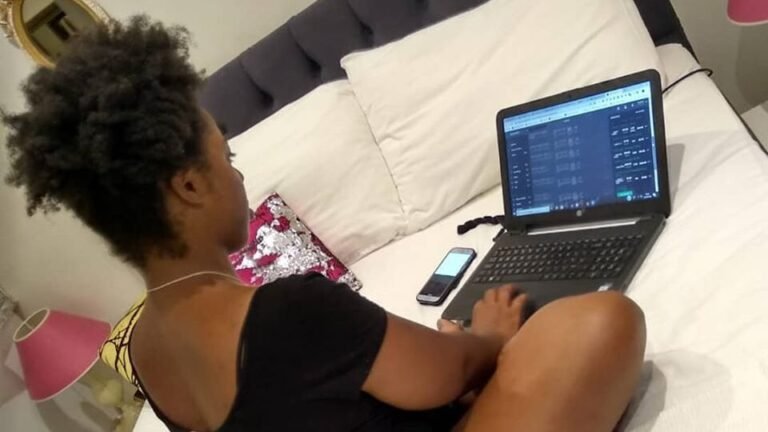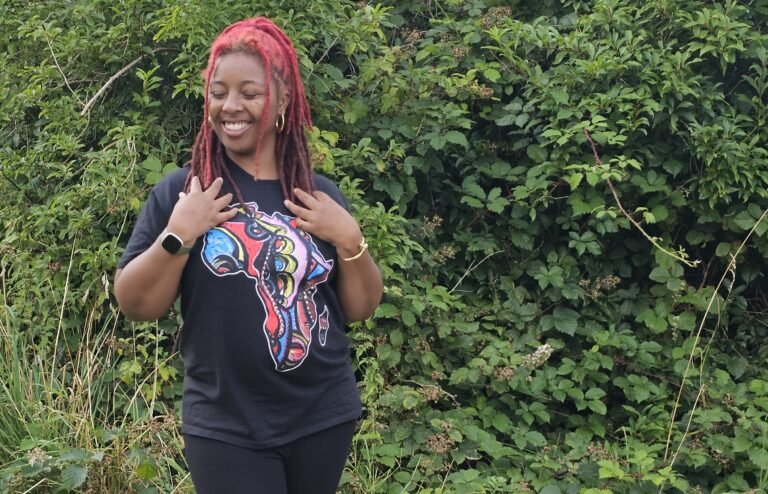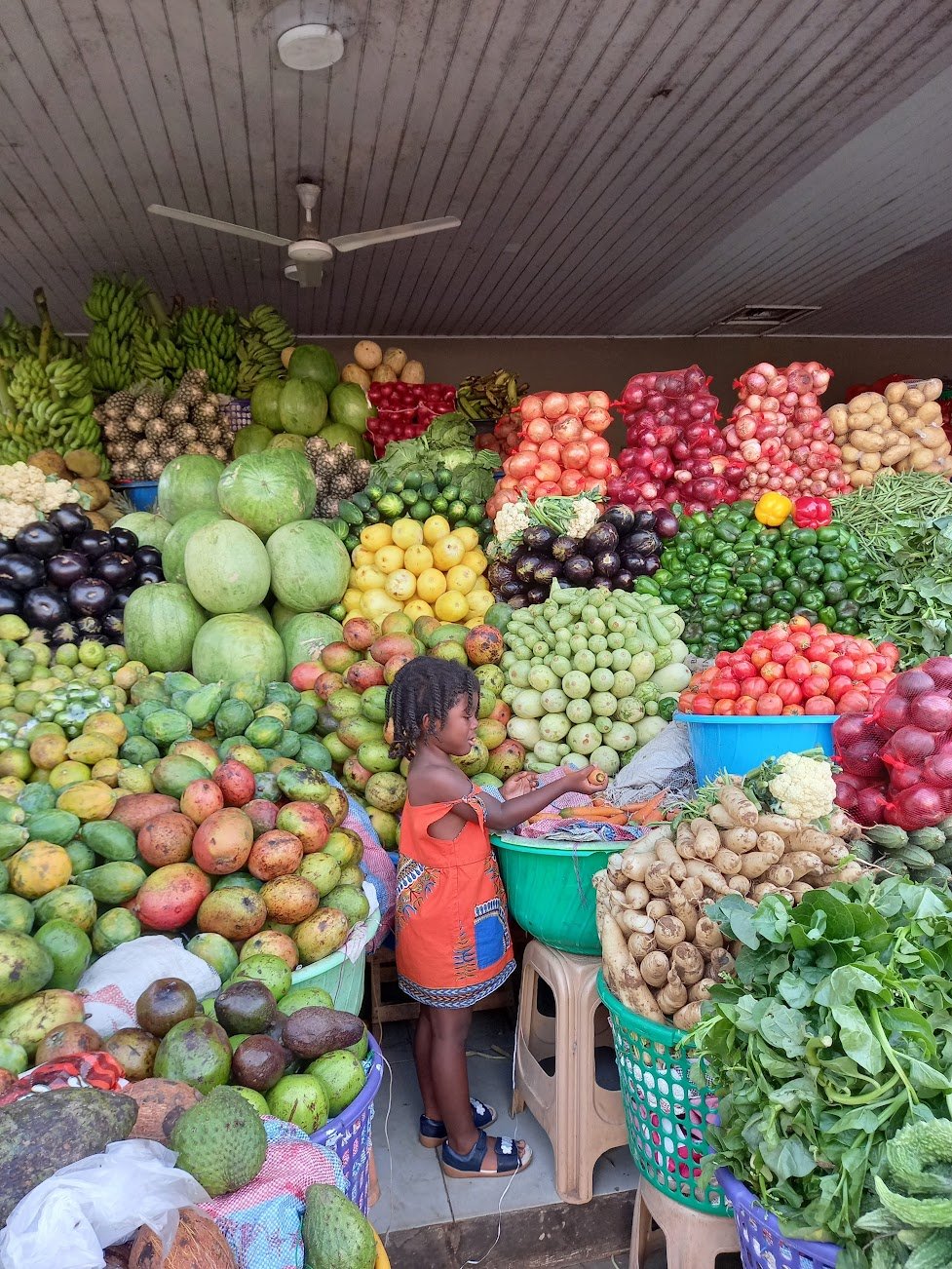What’s It Like Being Black And Abroad in 2024
As Digital Nomads, we’re always asked about our experiences of being Black and Abroad when we move to a new country. I wish it didn’t have to be this way but I know that most of us have at some point looked for Google to tell us about melanted experiences in a country. I actually don’t do this anymore. If you type into Google “Being Black in Spain”, you’d be put off, probably convinced that it’s a terrible place to visit because of all the racism you WILL experience, the blog author shouts through my phone. Scroll even more and it only seems to get worse. Our personal experience, having lived in 3 different Spanish regions over 4 months couldn’t have been further from what I’d read.
Take note.
One person’s experience should not be a definitive answer for you. I’m not saying their experience is invalid or shouldn’t be considered, it may have been true for that individual but we didn’t experience any racism in the time we spent there.
Let me be clear. We didn’t experience any racism, no discrimination that we know of. What we have experienced on our travels I would describe as curiosity.
Our Definition Of Racism
I think It’s important to define racism when we say we haven’t experienced racism abroad. I define racism as being discriminated against, mistreated or being prevented from accessing services.
As defined by Oxford Languages: “prejudice, discrimination, or antagonism by an individual, community, or institution against a person or people on the basis of their membership of a particular racial or ethnic group, typically one that is a minority or marginalized”.
I don’t believe that has knowingly happened to us.
I also think it’s important to ask why do people never as you about your experiences of racism when you visit Western countries? I’ve visited the US 5 times and not once has anyone told me to be careful or what was it like being Black there. Even though we all know very well how melanated people can be treated in that country.
Our Experience Of Being Black And Abroad As Digital Nomads
So yes, people will stare at you! Yes, sometimes they even want to touch you. I can only guess that it’s because Black people do not travel as much as other races but we definitely get A LOT of attention. Some countries are more than others. Turkey was the most intense. We were stopped every 5 minutes by someone wanting to touch Taji’s hair or take a photo (without asking permission). A waitress even took Taji out of my hands. Literal shock horror. Watch the video above to learn more about how that happened. In the entire month we stayed in Turkey we only saw 1 other black couple at the end of our stay, they really weren’t used to seeing melanated folk in town so I kind of get it.
I used to get really annoyed by all the attention but then I tried to see it from the other side.
Imagine if you only ever see certain people in movies or on the news. You never encounter these people on a daily basis, like an A-List celebrity, and then all of a sudden said celebrity is standing right in front of your face.
You cannot believe your eyes.
This is a real-life celebrity!!!
Let’s be real, most people would get out their phone to capture the moment. You are in total amazement that you act outside of yourself. What does she smell like? Feel like?…..you have to know.
I’m not saying I agree with it, we’ve snatched phones out of hands in Thailand to delete pictures of Taji but I get it. Hey, Black people, we are amazing! I don’t want to nullify anyone’s experiences of racism abroad but in 6 years of full-time travel we’ve never experienced any racism and apart from Turkey, all of the attention we usually receive does not really come from the local people. It’s usually tourists that we get the stares from.
We’ve also had some odd experiences in Mexico from people trying to kiss our baby and rubbing his skin to when we were in the mall one day a couple less fortunate women offering to buy us lunch. We politely declined and then they came back to give us money. We were so confused but didn’t want to refuse and offend them so we reluctantly took it.
I feel like both of those experiences seemed like they saw us as some form of good fortune. I know in some past cultures it’s been seen as good luck to rub deeply melanated skin. I’m still not sure how I feel about this but we definitely have experienced it.
Sometimes I do wonder if our experiences have largely been positive and protected because we have children and I have a husband. I do wonder if I was a single mum or a solo woman travelling if my experiences would be different. When I go out by myself I still get stares and they do look a little different than when I’m with my family but my experiences alone are too limited for me to draw any real conclusions.
I’m not saying don’t do your research. I’m saying take what you read with a pinch of salt. One person cannot speak for an entire country, myself included so step out and find out for yourself. On the flip side, I want to focus on the positive experiences we’ve had. The top 4 friendliest countries and where we’ve felt most welcomed are Indonesia (Bali), Mexico, Costa Rica and Thailand.
In Mexico, in getting to know local people several Mexicans have told us that they see us as brothers and sisters. We share history.
Mexico as a beacon of hope during enslavement
While the traditional Underground Railroad led enslaved people north to Canada, there was another route to freedom: south to Mexico. Here’s how Mexico became a beacon of hope:
- Mexico outlawed slavery: Unlike the United States, Mexico abolished slavery in 1829. This law meant that anyone reaching Mexican soil became free. Word of this spread among enslaved people in the southern US, offering a much closer path to freedom than Canada.
- Underground Railroad south: This “southern Underground Railroad” wasn’t as formal as the network in the north. Enslaved people often relied on self-reliance, help from sympathetic Mexicans (including those working alongside them), and sometimes even specific routes. Some even saved money for passage on ships headed to Mexico.
- Thousands seeking freedom: Estimates suggest thousands (possibly even more) used this route. The exact number is difficult to determine due to the clandestine nature of the escapes.
This southward flight for freedom highlights the desperation of enslaved people and Mexico’s role as a safe haven. It’s a lesser-known aspect of the fight against slavery in North America and possibly why we’ve always felt a connection with this country we call home.
Connecting With Black People Abroad
Dive into the world of Black expats on YouTube and Facebook to find your people experiencing life in the countries you’re considering travelling to or living in! Here’s how: Search for Facebook groups like “Black Expats in [Country Name]” or “[Your Nationality] Living in [Country Name]”. These groups offer a platform for Black expats to connect, share experiences, and answer questions. On YouTube, explore channels with titles like “Black in [Country Name]” or “[Your Nationality] Abroad” . Look for vlogs documenting daily life, challenges, and triumphs of Black expats. Websites like Black & Abroad and Travel Noire are fantastic resources.
These resources provide a window into the joys and realities of navigating a new culture as a Black person.
We have our own Whatsapp community with almost 500 mostly Black and Brown folk who are currently living abroad or aspiring to in the coming months and years. We share tips and resources for starting your new life abroad and inspiring each other to stay focused and motivated in a safe online space.
As I’ve already said, take these experiences for what they are, personal experiences and try not to let them put you off of visiting and living in places. I say step out and find out for yourself. Go boldly with positive expectations. You never know it may end up being even better than you realise.
Frequently Asked Questions
Will I be able to find Black haircare products abroad?
Availability can vary. Researching Black-owned shops or stores with a diverse product range beforehand can help. Alternatively, packing some essentials from home might be necessary.
How will my Blackness be perceived abroad?
Perceptions can vary greatly depending on the country. Some cultures may revere Black features, while others might have limited exposure to Black people. Be prepared for curious questions and embrace them as a chance for cultural exchange.
How can I embrace Black culture while living abroad?
Seek out Black-owned businesses, cultural events, or online communities that celebrate Black identity. Maintaining your cultural connection is essential for feeling grounded.
How can I connect with other Black expats?
Look for Facebook groups for Black expats in your chosen country. Social media platforms and online forums can be a great way to find your tribe and share experiences.
Will I experience racism abroad?
Racism exists globally. While some countries might be more overt, microaggressions can be present anywhere. Building resilience and knowing how to navigate these situations is important.

